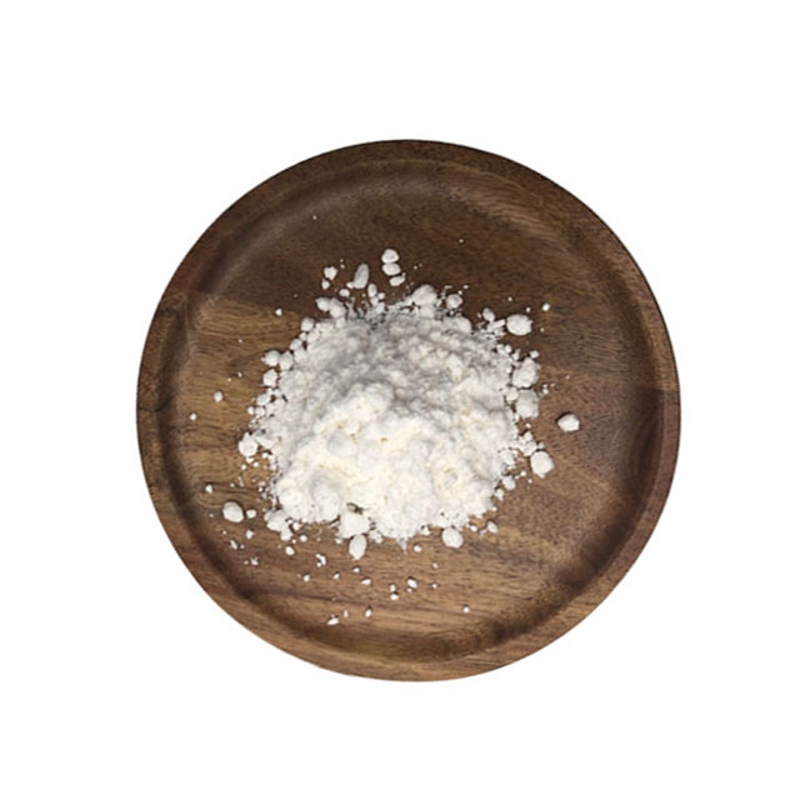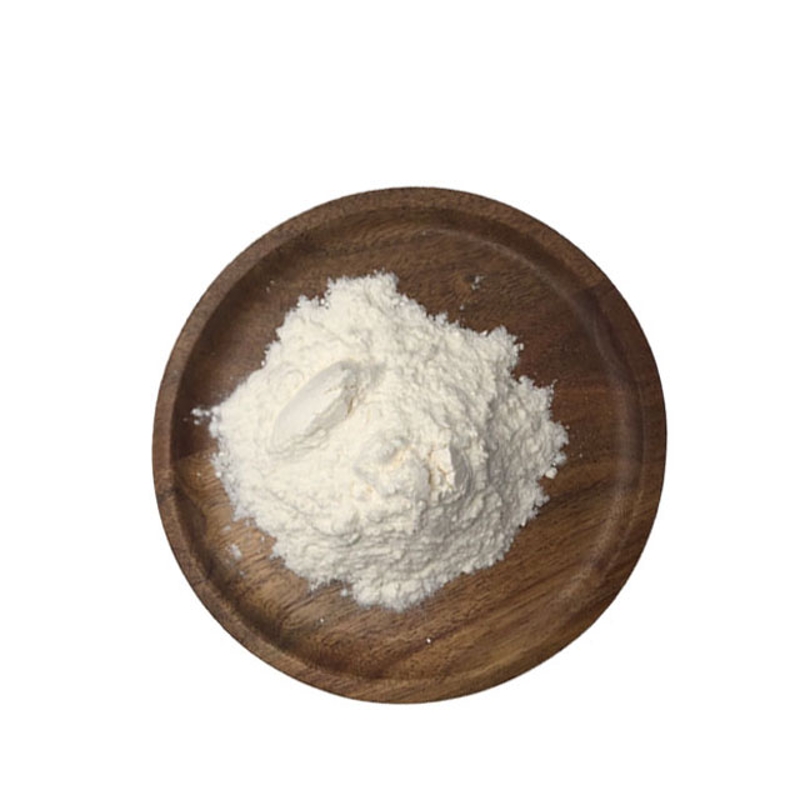-
Categories
-
Pharmaceutical Intermediates
-
Active Pharmaceutical Ingredients
-
Food Additives
- Industrial Coatings
- Agrochemicals
- Dyes and Pigments
- Surfactant
- Flavors and Fragrances
- Chemical Reagents
- Catalyst and Auxiliary
- Natural Products
- Inorganic Chemistry
-
Organic Chemistry
-
Biochemical Engineering
- Analytical Chemistry
- Cosmetic Ingredient
-
Pharmaceutical Intermediates
Promotion
ECHEMI Mall
Wholesale
Weekly Price
Exhibition
News
-
Trade Service
July 26, 2020 /PRNewswire/ -- Our immune system should be able to recognize and kill tumor cells.
However, many tumors deceive the immune system.
for example, they induce so-called T-cell immune checkpoints to shut down the immune response.
in the journal Angeandte Chemie, scientists have introduced a new treatment for immuno-tumors.
their method is based on the specific blocking of immune checkpoints based on stable "mirror" peptides.
T lymphocytes have a variety of immune checkpoints on the surface, some activate the immune system, and others suppress the immune response when the "check" cell surface "finds" the right ligand.
program cell death protein 1 (programd cell cell cell protein 1, PD-1) is one such immune checkpoint.
if the PD-L1 ligand binds to PD-1, it inhibits the immune response and prevents attacks on healthy cells.
unfortunately, many tumors use large amounts of PD-L1 to "disguise" and protect themselves.
blocking the interaction of PD-1 and PD-L1, which normalizes tumor immunity in the microenvironment around the tumor.
However, previous treatments have had limited success and tumors tend to develop resistance.
photo source: Tigwandte Chemie, a newly discovered immunological checkpoint, can provide another target.
TIGIT produces immunosuppressive signals on a ligand called PVR.
a group of researchers from Zhengzhou University, Tsinghua University and Zhongshan University, led by Yanfeng Gao and Lei Liu, used RNA expression from a comprehensive data set of cancer genome maps and gene expression to find that TIGIT is more common in many tumors than PD-1, including those resistant to anti-PD-1 therapy.
researchers want to use peptides as their new drugs because these molecules have the same affinity and specificity as antibodies that can penetrate deeper into tissues.
they cause significantly fewer immune side effects and are easier to produce.
their disadvantage is that they are rapidly broken down by proteases in the body.
for this reason, the researchers decided to use a "mirror" peptide that is stable with proteases.
amino acids can exist in natural L configurations, or they can exist in their mirrored composition d-configurations.
D peptides made up of D amino acids are much longer than L peptides.
to find the right peptide, the researchers used phage mirror display techniques.
in this method, a large number of peptides produced by different biotechnology are presented on the surface of phages (viruses that attack bacteria).
bacteria that bind to the target molecule scant and reproduce in the bacteria.
then they go through a further selection cycle until only the very binding peptides are left.
initially, L peptides were presented in the phage mirror display.
however, the chosen molecules bind to the mirror image of the target molecule.
as a last step, they made a key binding interface that combines the strongest D-type peptides, perfectly matching the TIGIT/PVR protein.
the Development of D-Peptide D-TBP-3 can effectively block the interaction between TIGIT and PVR, stabilize protease, and inhibit the growth and metastasis of anti-PD-1 drug-resistant tumor models.
() References: Xiuman Zhou et al. A Novel d-Peptide Identified by Mirror-Image Phage Display Blocks TIGIT/PVR for Cancer Immunotherapy, Angewandte Chemie International Edition (2020). DOI: 10.1002/anie.202002783.







